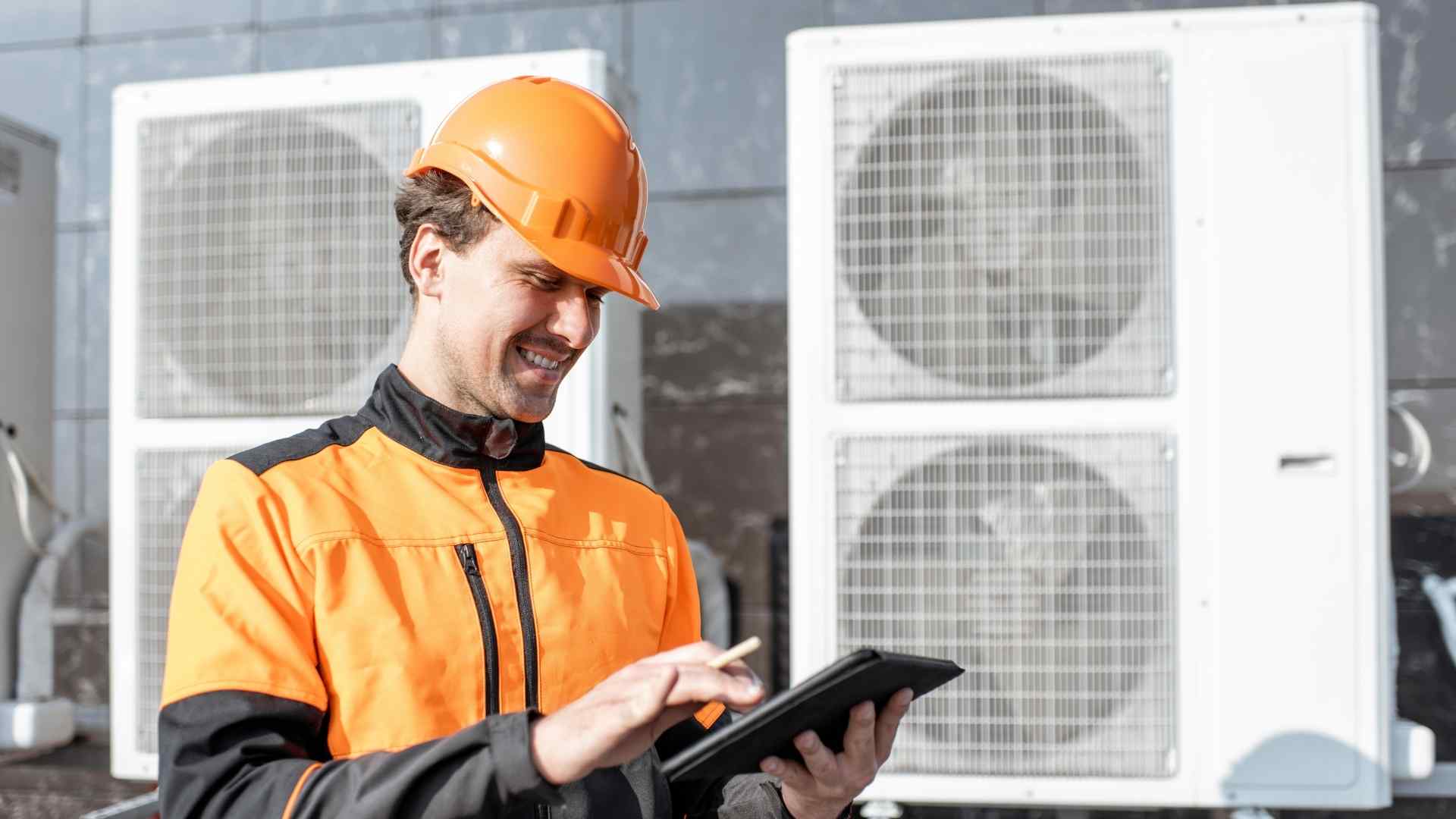Is Ac Or Heat Pump Better For Your Mississauga Home?
It probably doesn’t matter to you whether you have a heat pump or an air conditioner when you’re trying to keep the temperature of your Mississauga home to a comfortable level. All you want is for the unit to function. However, knowing your options is useful when installing or replacing an HVAC system that effectively warms and cools your house and keeps your family comfortable. When it comes to distinguishing between a heat pump and an air conditioner, it might be difficult. We’ve come to give you an idea about which is better for your Mississauga Home.
Heat pumps and air conditioners both move hot air from within your home to the outdoors while in cooling mode. Heat pumps and air conditioning systems are two different sorts of air conditioning devices that keep you cool. However, the heat pump has a secondary function.
A basic air source heat pump consists of two parts: an interior air handler and an outside unit (sometimes known as a split system). A variety of components make up the heat pump system: The compressor is in charge of moving the refrigerant through the system. The air is heated or cooled using coils, including condenser and evaporator coils. Reversing valve that alters the refrigerant flow. Thermostatic expansion valves that control refrigerant flow. Inside and exterior components are connected by refrigerant lines. Heat strips are used to provide extra warmth on chilly days. Refrigerant is a chemical that quickly converts from a liquid to a gas and absorbs heat from the environment before transferring it elsewhere — a process known as heat exchange.
When the weather cools down in the fall and winter, a heat pump’s miraculous reversing valve turns the system from cooling to heating, drawing heat from the outside air into the house. As long as the outside air temperature is above 30, a heat pump can typically extract enough heat from the outside air to heat a residence to 70 degrees. When the temperature drops below 30 degrees, though, the heat pump switches to auxiliary or supplementary heat since there isn’t enough heat in the outside air to draw in. When the thermostat asks for a considerable temperature increase, the system will switch to its supplementary heat source to heat the house faster and save energy and money.
A central air conditioner, like a heat pump, is a split system that includes: On the outside of the home, there is a compressor and condenser unit. On the inside of the house, there are evaporator coils. The inner and exterior units are connected by a network of refrigeration lines.
Refrigeration fluid that flows between interior and outdoor units. Air intake and fan distributes air to rooms of the house through ducts. A thermostat that regulates the temperature in your home. AC systems, like heat pumps, rely on refrigerants to do the hard job of absorbing and releasing heat from your house. Air conditioners dehumidify the air. When the temperature rises, humidity — or water vapour — in the air makes it difficult for our bodies to regulate temperature, making us feel hot. Our skin feels colder when we use air conditioning because it removes humidity from the air.
Air conditioners are the most effective technique to maintain a constant temperature in your house. They generate a lot of cold air, which is circulated throughout the house via ductwork. Air conditioning is a quiet and effective way to chill your entire home for people with larger properties. Air is filtered by central air conditioning systems, which improves interior air quality and reduces allergies.
The advantage of a heat pump is that it runs on electricity, eliminating the need for natural gas or a propane tank. Heat pumps utilise a whole-house duct system to transfer heat uniformly throughout the house, decreasing the amount of cold patches and keeping everyone comfortable.
A heat pump’s efficiency, especially geothermal heat pumps, is also a big plus. Heat pumps, in general, produce more cold and warm air by volume than the energy required to operate them. Heat pumps are also easier to maintain because the expert will inspect both components of the system during the twice-yearly maintenance to keep everything working properly.
Contact Info
Address
7033 Telford Way, Unit 12
Mississauga, Ontario L5S 1V4
Phone
905-672-3236
nakramy@encore21.net

